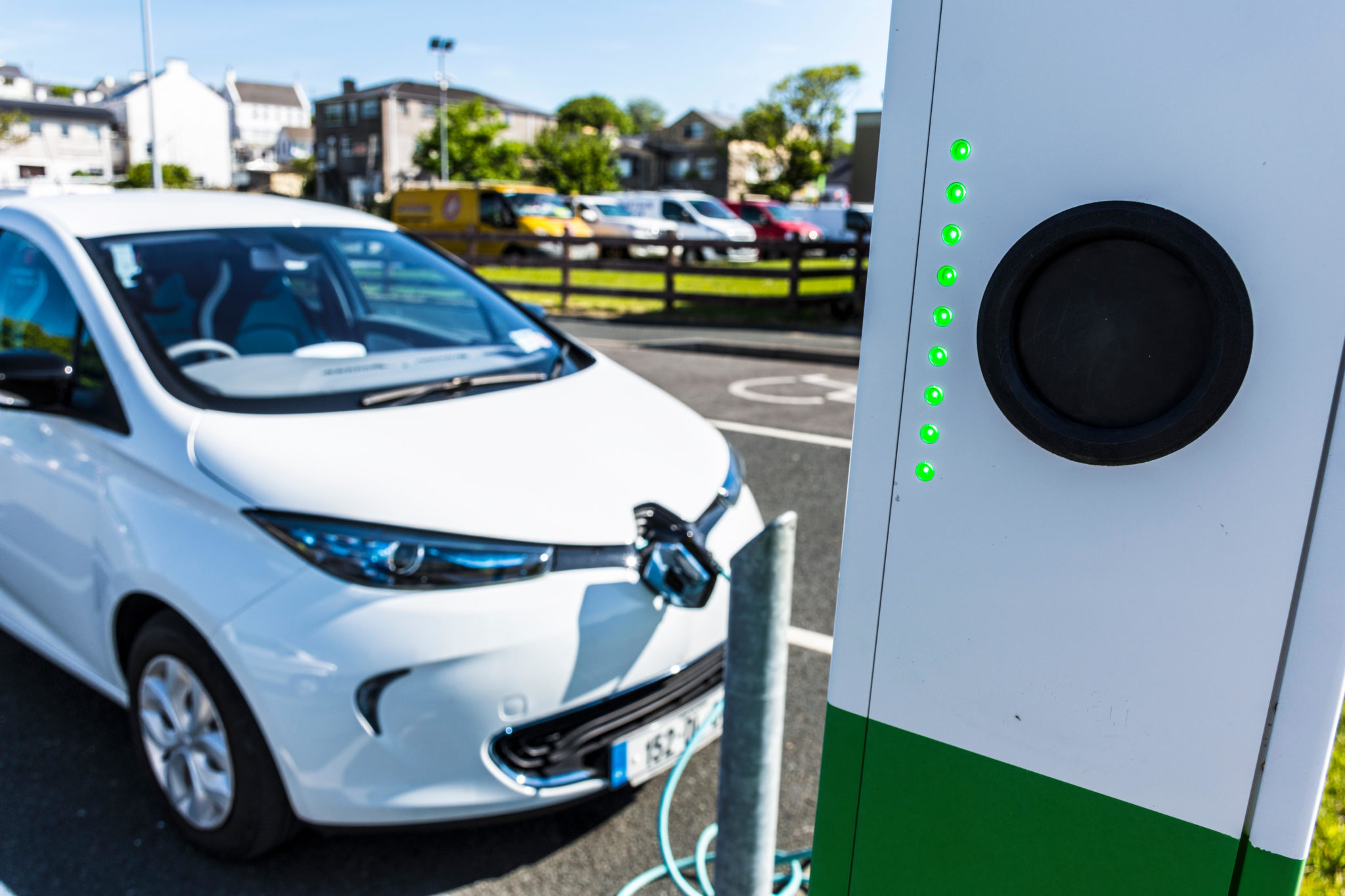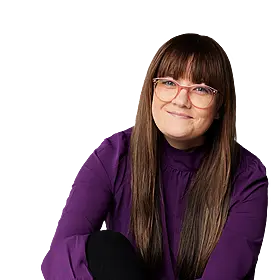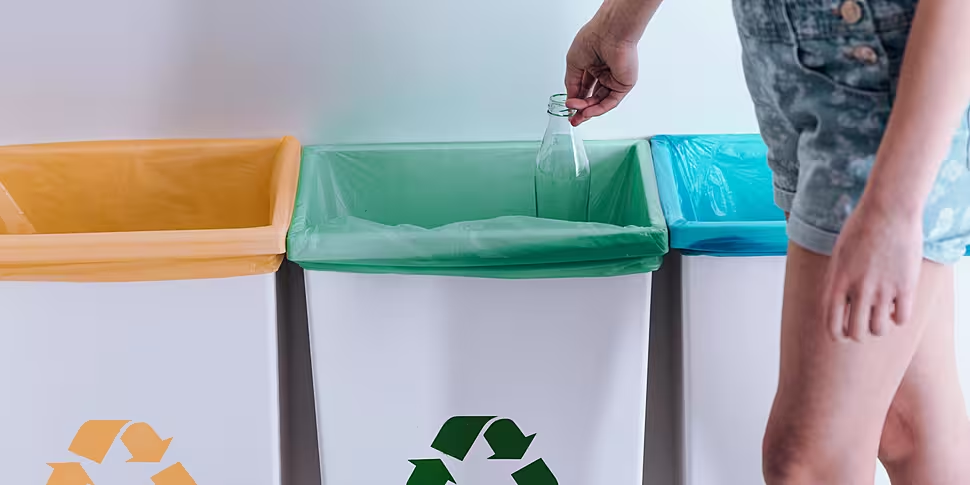As part of the European Union, Ireland plays a role in producing more than 2 billion tonnes of waste every year. In a bid to curb this level of waste, the European Union has put forward plans to move towards a more sustainable model known as the circular economy.
This week, Graham Fox, Head of Retail Distribution Ireland at Amundi, joined Dr. Cara Augustenborg on Down to Earth to discuss how Ireland is responding to this move.
What is the circular economy?
In essence, the circular economy model aims to reduce waste to a minimum through a model of production and consumption that involves a lot more reusing and repairing, sharing and leasing and extending the lifecycle of every product. When products then reach the end of their usability, the materials should be repurposed, thus creating further value.
However, IBEC recently produced a survey that showed only half of the Irish businesses surveyed even knew what the circular economy was.
Speaking on Down to Earth, Graham said: "We have to adapt, as a whole economy, to focus on the use of the good rather than the good itself. Back in 2020, Amundi launched a three year engagement program focusing on this idea of the circular economy, identifying four out of the EU’s seven key sectors:
- Batteries and vehicles
- Construction and buildings
- Electronics and ICT
- Textiles
We interviewed over thirty companies across the world to understand how they work with the circular economy, how are they adapting and what are the most important areas to them.
The result of those interviews has enabled Amundi to assess and compare all companies within their sector to highlight mega trends, define best practices and identify areas of improvement. We can now take those findings and share the results with other businesses to help them transition towards the circular economy.”
 T97A83 Electric car charging point esb e-car in Dungloe, County Donegal, Ireland.
T97A83 Electric car charging point esb e-car in Dungloe, County Donegal, Ireland.What can the general public do to help the circular economy?
The circular economy isn't just something for businesses to concern themselves with. The general public have a part to play as well. Amundi recently did its own research into Irish attitudes on the environment and responsible investing.
The survey, with over 1,000 respondents from all over Ireland uncovered two key findings:
- There is a clear want within the population to do good with 82% of respondents saying they have already made changes to their lifestyle in the past twelve months. These changes include everything from recycling more to using their car less.
- There is a gap between what the public want to do and knowing how they can do it and this is down to unclear communications. As an industry, organisations like Amundi need to do more to bridge this gap and help the public to understand how they can help improve the planet through their savings and investments.
Speaking on Down to Earth, Graham added:
"A lot of the terms we use to talk to investors or savers about the area of responsible investing aren't understood. The survey showed that only 11% of people knew what ESG means and that's a term we use a lot – Environmental, Social and Governance. Furthermore, only 60% of people knew what the term 'responsible investing' meant. A lot of people thought it meant being responsible with your money.
So we have found that Irish savers aren’t making the connection between the terms we are using in the industry to describe what their savings can do for our planet and our society.That was a key learning for us and we have got to do more about it. We have got to go on a journey with the people of Ireland to help make that transition and help people understand these terms a lot more."
So how can you support the circular economy?
One way people can support this is by investing their savings in funds and businesses that are consciously doing good for the planet and society.
At the moment, you can work with organisations like Amundi through its partnership with Irish Life to invest more responsibly. Graham added that , if you are someone who has savings and you are interested in investing them responsibly to help the planet or society, you should talk to a financial advisor.
"It doesn't need to be overwhelming to get started and you don't need to have a big pot of savings. Talk to a financial advisor, they'll talk about your goals and objectives and show you your options when it comes to investing in funds that are truly working to make a difference for our planet and our society."
You can listen back to Graham and Cara's conversation in full here.










